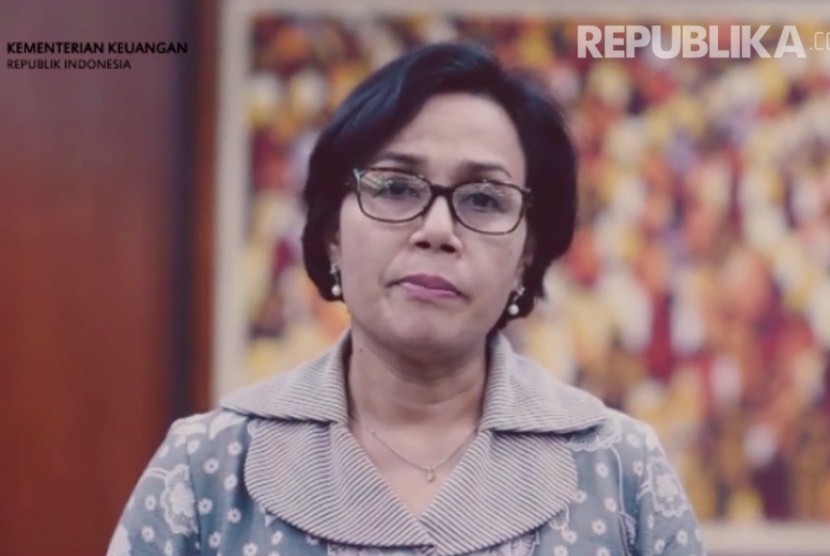REPUBLIKA.CO.ID, JAKARTA -- Finance Minister Sri Mulyani highlighted the management of the huge zakat potential in many Islamic countries, including Indonesia.
"Zakat (alms) management has not been done optimally in many Islamic countries, including Indonesia, because zakat is distributed and collected informally through family, friends, or informal charities," Sri Mulyani stated at the Second Annual Islamic Finance Conference (AIFC) here on Wednesday.
She expressed concern about zakat as being one of innovative sources of financing from sharia social funds.
The National Alms Agency (Baznas) noted that zakat potential in Indonesia has reached Rp217 trillion per year, or more than 10 percent of government budget.
However, less than 2 percent of zakat potential is collected officially. Meanwhile, Baznas collected only 1 percent of zakat potential.
In addition, the minister pointed out that most people were concerned about zakat al-Fitr, which was paid at the end of the fasting of the Islamic holy month of Ramadan.
"However, there is still zakat mal (annual obligatory alms for Muslims)," the minister stated.
To understand the objective of zakat mal, the main idea on why zakat should be charged must be understood.
Zakat mal is charged for productive or growing assets, in addition to basic needs.
"With this understanding, the objective of zakat mal can be much wider, and the potential of zakat collection increases," the minister noted.
The Ministry of Finance held the Second Annual Islamic Finance Conference (AIFC) titled "the Role of Islamic Finance in Eradicating Poverty and Income Inequality."
"The topic represents the socio-economic challenges that are being faced by developing countries. In Indonesia, poverty and inequality are still the main issues that need attention," Finance Ministry's Fiscal Policy Office (BKF) head Suahasil Nazara earlier said.
The conference will be conducted for two days from August 23 to 24, 2017, at the Royal Ambarrukmo Hotel, Yogyakarta, Indonesia.
The main objective of the conference is to promote discussion on the application of theory, model, and instruments of Islamic finance to overcome socio-economic problems in developing countries, including Indonesia. Furthermore, the conference aims to discuss a set of policies combined with the principles of Islamic finance that can tackle poverty and problems of income inequality.
He noted that sharia economy was similar to an investment that has social responsibility. The objectives of Islamic finance are also assessed in line with indicators and targets in Sustainable Development Goals (SDGs).
The seminar is expected to explain the application of sharia economic model, such as zakat (alms), waqf (Islamic endowment), to overcome poverty and problems of income inequality.
Leading experts in the field of economic development and Islamic finance, from both international and local, will share their knowledge and experiences at this conference.
The Ministry of Finance is the organizer of this conference, in cooperation with the Islamic Research and Training Institute and the Islamic Development Bank Group (IRTI-IDBG), the National Islamic Finance Committee (KNKS), and the Indonesian Association of Islamic Economist (IAEI).


